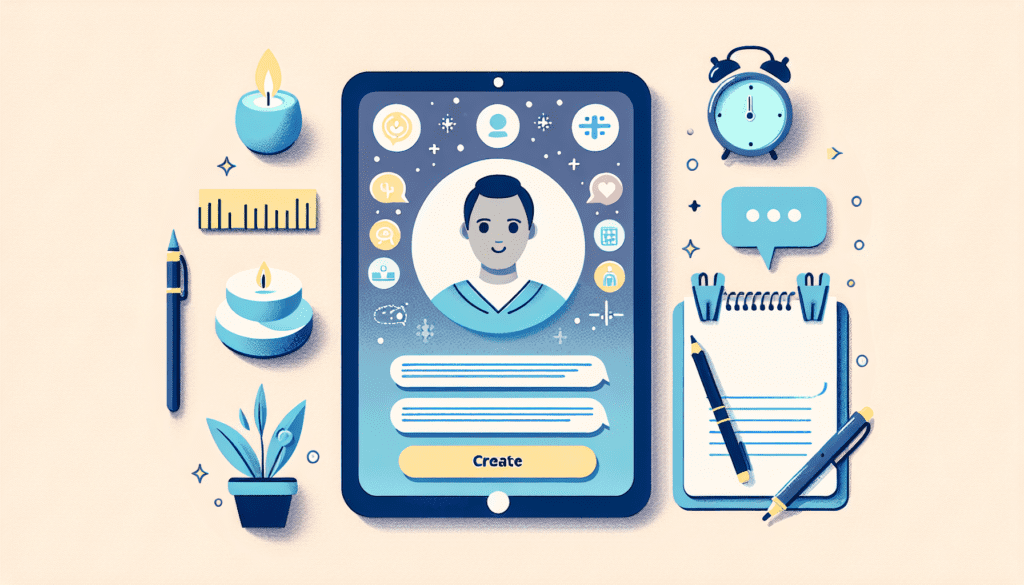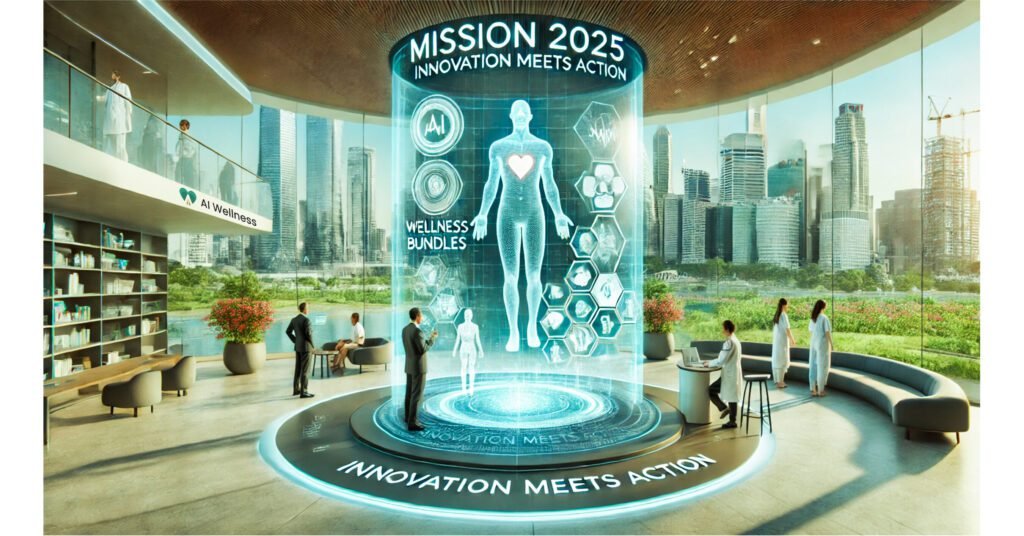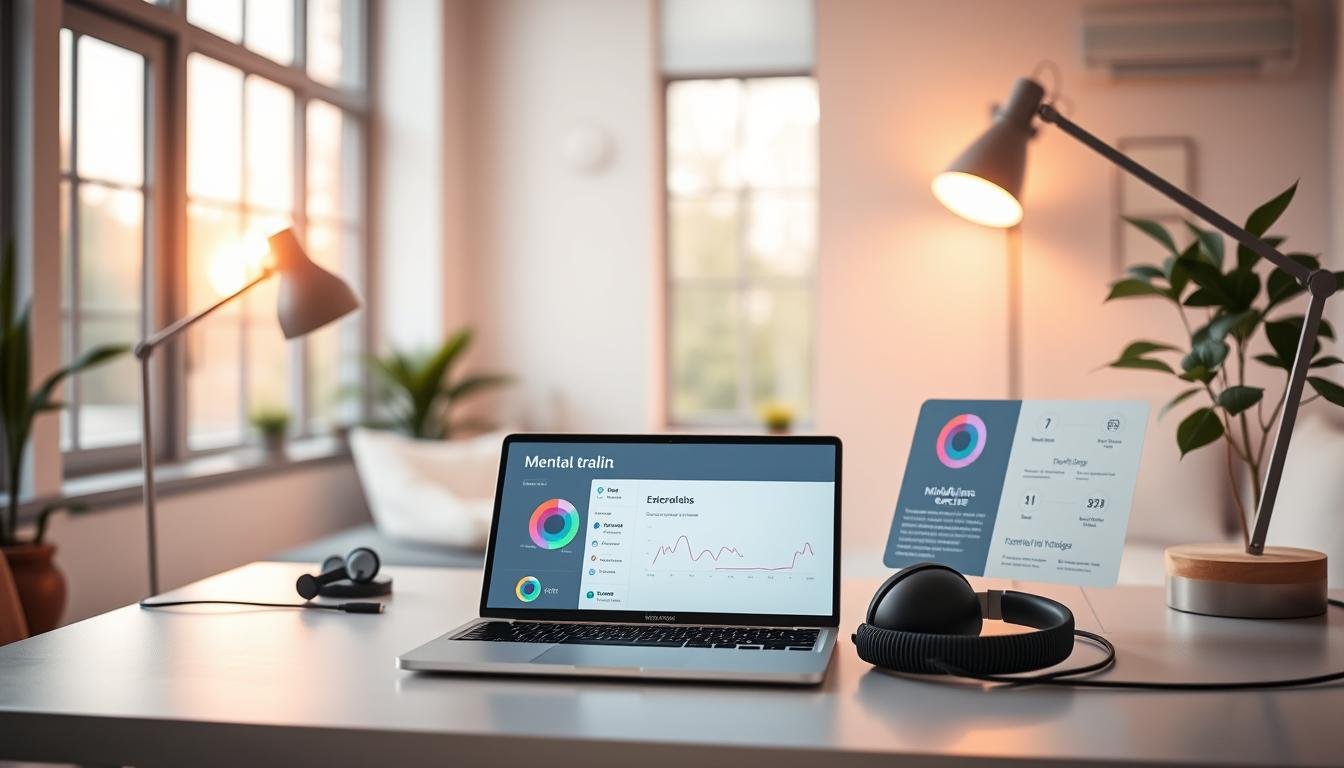Revolutionizing Mental Wellness: Online Therapy Chatbot Solutions

AI chatbots are changing mental health services for the better. They make help available anytime, anywhere. No more waiting or missing out because of time or money.
These digital friends help break down barriers. They make it easier for people to get help whenever they need it. Studies show they’re making a big difference, helping people everywhere.
Tailored Support Just for You
AI-powered mental health chatbots are special because they really get to know you. They use learning algorithms to understand your unique needs. This makes your chats feel more personal and comfortable.
They help reduce the stigma around mental health. This makes seeking help feel less daunting. Research backs up how effective they are.
AI chatbots are making mental health support more accessible and personalized. They’re changing the mental health service scene for the better.
Psychological AI Chatbots
Imagine having a friend who’s always there to listen to you. That’s what Psychological AI chatbots offer. They’re changing how we find support for our mental well-being.
These bots provide responses tailored just for you. They keep your conversations private and secure.
Tailored Responses
These bots understand you in a way that feels personal. They use technology to create responses that fit you perfectly. This makes you feel valued and comfortable.
But, they must be accurate. A mistake can make people lose interest. Keeping their responses correct is crucial.
Anonymity and Confidentiality
Privacy is a big deal with these chatbots. It makes talking about mental health less scary. This makes the journey to better mental health easier.
However, they must also be good at spotting serious issues. Sometimes, people rely too much on them. Developers need to improve their crisis detection skills.
These bots are a lifeline, ready to help anytime. But, they must keep getting better at identifying when someone needs real help.
Potential Concerns
As AI chatbots like online therapy chatbots become more common, concerns arise. Two main issues are understanding these chatbots and how they’re marketed.
Therapeutic Misconception
Therapeutic misconception is a big issue. It happens when people think chatbots are as good as real therapists. This can actually make mental health problems worse.
It’s key to know what chatbots can and can’t do. They can offer helpful tips but aren’t a full replacement for human therapists. Always remember, a real therapist is the best choice for serious mental health needs.
Misleading Marketing Tactics
Some chatbots are marketed as miracle workers. This is misleading and can be harmful (NCBI). It’s not true that they can replace real therapy sessions.
It’s important to be honest in marketing. Clear ads help people make better choices about their mental health. This way, they know what to expect from chatbots.
By addressing these issues, chatbots can help more people. They should be used wisely, with real therapists ready to help when needed.
Addressing Algorithmic Bias
We’re exploring AI chatbots for mental health. It’s crucial to tackle algorithmic bias for fair help. Let’s look at the biases in AI and why it matters.
Bias in AI Algorithms
Imagine talking to an AI that’s as one-dimensional as white bread. This is a problem. Bias in AI can lead to bad advice, awkward interactions, or missing support needs (NCBI). If AI only sees one perspective, its advice might not fit everyone.
To fix this, we need diverse voices in AI design. Include many people and use varied training data. This ensures AI suggestions are smart and relevant for everyone.
Ensuring Cultural Relevance
Culture plays a big role in mental health. AI chatbots must respect this. If they don’t, they can widen gaps instead of closing them (NCBI). It’s vital to make sure these bots understand local cultures.
To achieve this, developers need to involve diverse groups. This way, chatbots can be inclusive and relatable to everyone. It’s not just about making tools available; it’s about bridging gaps in mental health care.
In short, tackling bias and cultural respect are key for AI chatbots. By focusing on diversity, fairness, and culture, these tools can become true allies in mental health care.

Enhancing Mental Healthcare
Today, tech and mental health are teaming up in exciting ways. AI mental health chatbots are changing how Canadians get help. They offer quick support and help make treatment plans better.
Immediate Support Benefits
AI chatbots are a big help during tough times. They give tips and resources, making people more engaged by 30%. They’re always there, ready to listen, day or night.
But, some people wonder if these bots can really help when things get bad.
Improved Treatment Planning
AI tools are making treatment planning better. They reduce mistakes and improve plans by 29%. This means care is more tailored to each person’s needs.
AI chatbots are even helping with therapy and keeping in touch. They show promise in fighting depression and anxiety. They also get people more involved in their health by 30% and reduce hospital visits by 25%.
They offer a safe space to talk about tough topics like suicidal thoughts. They respond with care and support.
AI tech is changing mental health care in Canada. It’s not just about quick support but also better treatment planning.
User Experience and Engagement
How people feel when talking to AI mental health robots matters a lot. It’s all about the connection between humans and bots. Let’s explore what makes these interactions special and what challenges there might be.
Friendly Interactions
For a mental health chatbot to work, it needs to be friendly and relatable. People like it when bots act like humans, making them feel at ease. This makes them more open and relaxed.
The bot’s voice and conversation style are key. A soft voice and talking about everyday things can make people feel at home. This makes therapy time more effective.
Challenges and Risks
Chatbots are always ready to chat, no waiting needed! But, there are downsides. People might prefer talking to bots over real friends and family (NCBI).
There’s also the risk of expecting too much from these bots. People might think they’re smarter than they are. This can lead to mental health issues (NCBI).
Chatbots might not always understand what’s going on. If they don’t connect, people might stop using them. In emergencies, they might not catch the problem, which is dangerous (NCBI).
It’s all about making chatbots friendly and keeping people safe. This is key to better user experiences. When developers succeed, everyone wins with safe and caring mental health support.
Share this content:



Post Comment